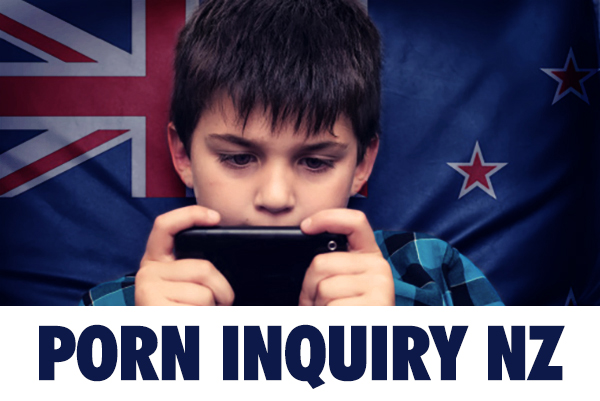Significant Support For Porn Safeguards – Poll
 Media Release 30 April 2017
Media Release 30 April 2017
A nationwide poll has found high levels of concern around the effects of online pornography and its link to sexual violence, and the easy access that young people have to offensive material, and significant support for action from government and internet providers in terms of filtering and Opt-Out provisions. A 22,334-signature petition calling on an expert panel to investigate the public health effects and societal harms of pornography was presented to Parliament earlier this month.
In the independent poll of a random sample of 750 people undertaken by Curia Market Research and commissioned by Family First NZ, it found:
 71% of respondents think pornography overall is bad for society and only 4% good. Women and over 60s are more likely to think pornography is bad for society.
71% of respondents think pornography overall is bad for society and only 4% good. Women and over 60s are more likely to think pornography is bad for society.- 68% say online depictions of sexual violence are very harmful to society and 90% say moderately or very harmful.
- 72% says there is a fair bit or a lot of connection and 42% say there is a lot of connection between online pornography and public issues such as ‘rape culture’ and sexting.
- 62% of adults say they have come across pornography online, when not seeking it out. 13% say this has happened often and 48% at least occasionally.
- 91% say that it is too easy for under 18s to access online pornography.
- 81% say that Internet Providers should be required by the Government to offer filters to block pornographic material.
- 70% say that Internet Providers should automatically block pornography unless the customer opts out by turning off a filter.
“These poll results are indicative of the growing community concern over this issue. Society is starting to catch up with the science on the harms of pornography, and are now calling for better support and protection of families and young people,” says Bob McCoskrie, National Director of Family First NZ.
“There has been an important national conversation around consent and ‘rape culture’. At the same time, there is increasing consumption and availability of online pornography and sexual violence. It’s time we connected the dots.”
“Thanks to the availability, affordability and anonymity of the internet and smartphones, young children are exposed to what used to be referred to as hard-core – but now mainstream – pornography at an alarming rate. Parents are crying out for help,” says Mr McCoskrie.
“And the research is revealing the true picture. Youth with greater pornography exposure have been found more likely to engage in risky sexual behaviour at a young age, view women as sex objects and develop attitudes that support violence against women, believe “rape myths” – beliefs that justify or defend rape, have increasingly aggressive behavioural tendencies including increased interest in coercing partners into unwanted sex acts, and experience increased difficulty in developing intimate relationships with partners and decreased erectile function.”
“If we want to tackle sexual violence, we must first admit the role that pornography plays and the harm that it does to attitudes and actions,” says Mr McCoskrie.
The nationwide poll was carried out during April and has a margin of error of +/- 3.6%.
FULL POLL RESULTS
ENDS






